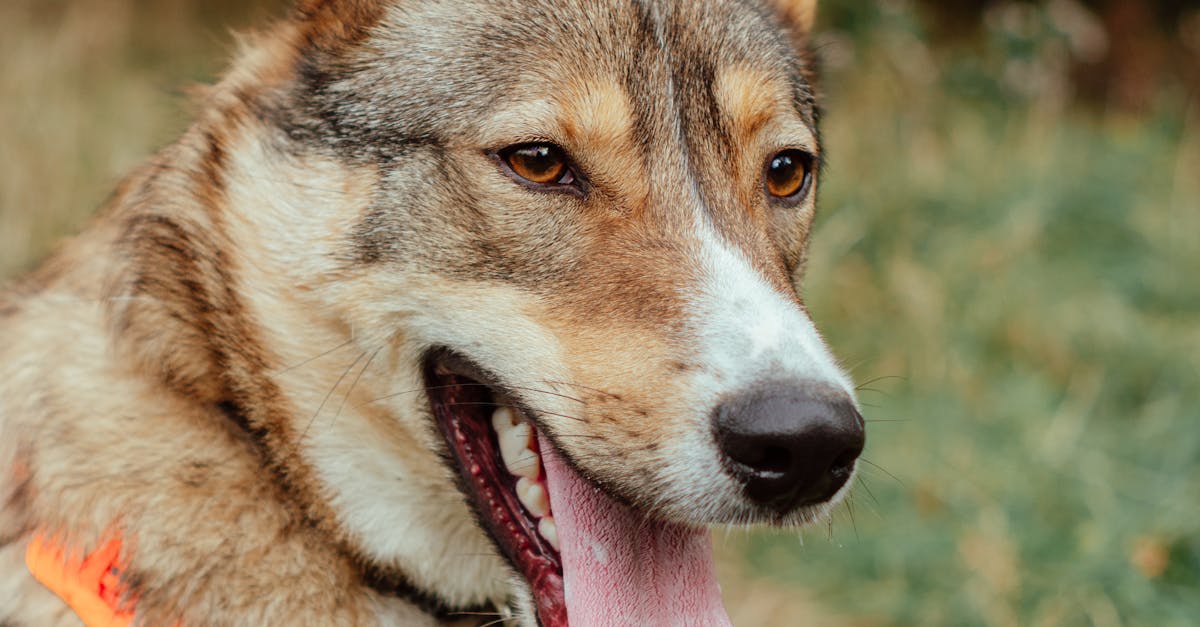Have you noticed your dog or cat passing gas more often than usual? While the occasional toot is completely normal, excessive flatulence can leave pet owners concerned—and for good reason. Farting might just be a harmless quirk, or it could signal an underlying issue needing attention. Let’s break down why your pet may be extra gassy and what you can do to help.
⚠️ What to Watch For
Flatulence in dogs and cats is often harmless, but certain signs could indicate a more serious problem. Pay attention to your pet’s behavior and physical symptoms alongside their gas. Here’s what to watch for:
- Excessive or frequent gas
- Foul-smelling flatulence
- Abdominal bloating or discomfort
- Vomiting or diarrhea
- Loss of appetite
- Weight loss
If your pet shows any of these symptoms along with persistent flatulence, it’s time to dig deeper into the cause.
🔍 Possible Causes
Flatulence occurs when gas builds up in the digestive system and is released through the rectum. Several factors can lead to this buildup in dogs and cats:
- Dietary Issues: Low-quality food, table scraps, or sudden diet changes can upset the digestive system.
- Food Intolerances: Some pets are sensitive to ingredients like lactose, soy, or gluten.
- Swallowed Air: Pets that eat too quickly may swallow excess air, leading to gas.
- Gastrointestinal Problems: Conditions like irritable bowel syndrome (IBS), inflammatory bowel disease (IBD), or parasites can cause excessive gas.
- Obesity: Overweight pets may experience slower digestion, leading to more gas production.
- Age: Older pets may have less efficient digestion, which can increase flatulence.
Understanding the root cause of your pet’s flatulence is key to managing the issue effectively.
✅ What You Can Do at Home
Thankfully, there are several steps you can take to help reduce your pet’s flatulence and improve their digestive health:
- Switch to High-Quality Food: Feed your pet a balanced, easily digestible diet. Look for brands with high protein content and minimal fillers like corn or soy.
- Introduce Diet Changes Gradually: When switching foods, transition slowly over 7–10 days to avoid digestive upset.
- Feed Smaller, More Frequent Meals: Smaller meals are easier to digest and may reduce gas production.
- Use a Slow Feeder Bowl: If your pet eats too quickly, a slow feeder can help them pace their meals and reduce swallowed air.
- Avoid Table Scraps: Human food, especially fatty or spicy items, can upset your pet’s stomach.
- Exercise Regularly: Physical activity aids digestion and can help reduce bloating and gas.
- Probiotics: Adding a vet-recommended probiotic to your pet’s diet may promote a healthy gut microbiome and improve digestion.
By making these changes, you may notice an improvement in your pet’s gas and overall comfort.
💡 When to Call a Vet
While mild flatulence can often be managed at home, some cases require professional veterinary attention. Contact your vet if your pet experiences:
- Persistent or worsening gas despite dietary changes
- Severe bloating or abdominal pain
- Blood in stool or chronic diarrhea
- Vomiting or lethargy
- Unexplained weight loss
These symptoms could indicate a more serious underlying condition, such as pancreatitis, a gastrointestinal infection, or a food allergy. A vet can perform diagnostic tests like fecal exams, blood work, or imaging to identify the root cause and recommend treatment.
FAQs
Q: Is it normal for dogs and cats to fart?
A: Yes, occasional flatulence is normal in pets. However, excessive or foul-smelling gas may signal a dietary issue or health concern.
Q: Can I give my pet human anti-gas medication?
A: No, you should never give your pet human medications without consulting a vet. Some ingredients can be toxic to animals.
Q: Are certain breeds more prone to flatulence?
A: Yes, brachycephalic breeds like Bulldogs and Pugs are more prone to gas due to their tendency to swallow air while eating or breathing.
Book a $49 online vet consultation at https://www.dialavet.com for fast, expert advice.























